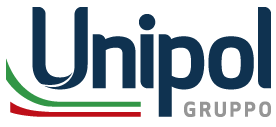Unipol international best practice in reputation building and protection
Unipol case history presented at the Global Reputation Leaders Network in Boston
The Unipol Group is starring at the “Global Reputation Leaders Network Summit” held yesterday and today in Boston, an important and renowned international event organised by the Reputation Institute, a leading global company in corporate reputation management. During the event the most important international companies meet to share reputation management strategies and best practices.
Unipol is considered a “best case” because it was able to understand, better than and before others, the importance of positioning reputation as a corporate asset to enhance (through communications) and protect (through risk management), and also to be incorporated in business metrics, progressively becoming a part of the Group’s strategic planning process.
The project, presented by Unipol, envisages an integrated approach: on the one hand, contributing to increase the company’s value, starting from the measurement and analysis of current reputation before implementing an action plan in line with Group needs and objectives and, on the other hand, identifying and mitigating the risks arising from events that could negatively impact the reputation and thus the value of Unipol.
In addition to the integrated approach, the following aspects help to make the Unipol model unique: the scope of analysis covering seven stakeholder segments (public opinion, employees, journalists, institutions, financial community, agents, customers) whose perceptions are examined; the comparison between internal (top management and employees) and external (public) perceptions and expectations; strategic alignment calling different business functions to contribute to achieving reputation objectives (creation and protection) starting from a shared work and action plan.
For the Unipol Group, reputation is a strategic asset capable of guiding the business and is becoming a management lever for activating an internal/external cultural change that can contribute to value creation.
According to a study by the Reputation Institute, 64% of people would buy the products of a company with a strong/excellent reputation, compared to the 25% of the population who would buy the products/services of companies with a poor reputation. Also in the financial sector, the relationship between reputation and propensity to buy emerged: +5 points in reputation results in a +4.5% increase in the purchasing choices of Italians.


